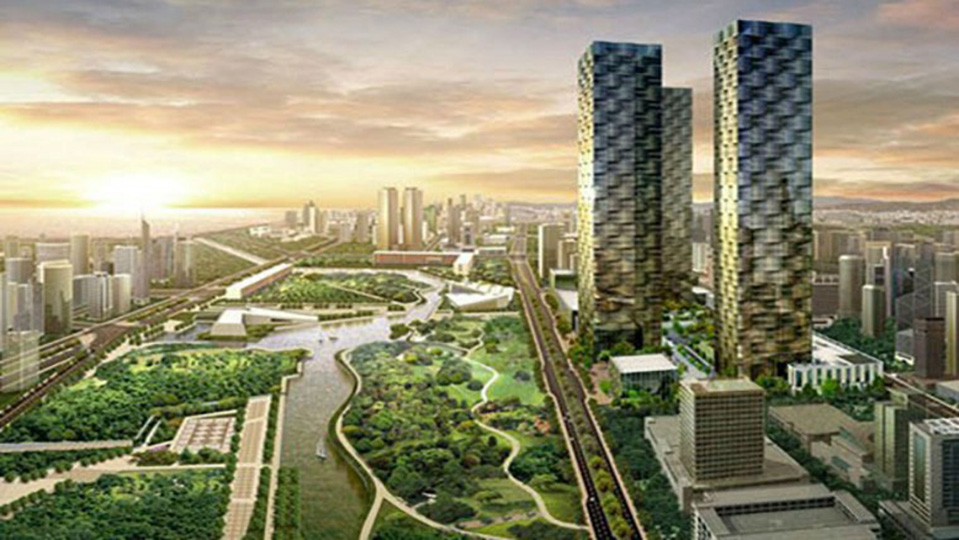Cities are growing and new urban projects are popping up every day. With over half of the global population living in cities and towns, the need for effective city planning increases.
In quickly supplying the need for more buildings, project managers struggle to take into account overall city design in their planning. The lack of developed forethought can result in larger problems such as insufficient available infrastructure, inefficient land-use, criminal activity and collapsing buildings.
Sound project management is the solution. For more effectiveness, project managers need to expand their perspective and coordinate with city planners to solve big picture problems. With strong ethical standards, strategic land use, regulatory reforms, transparency and a master plan, successful cities can and will be built.
Big Picture Problem: Cities are Spreading Too Fast
While the rate of new construction projects popping up is increasing, project managers struggle to stay ahead in the planning process. Rapid, uncontrolled urbanization presents several risk factors. For example, most cities pay for central infrastructure. However, without effective big picture coordination, builders run out of space for and access to power, water, sewers, road, trash and parking.
Without properly handling the complexity of multi-project urbanization, the following symptoms may occur:
- Inadequate infrastructure
- Ineffective regulations
- Wasted expenses
- Unlawful evictions
- Collapsing buildings
- Corruption scandals
Solution: Sound Project Management
Creating more successful cities requires intelligently developed forethought. Effective project managers have an enhanced perspective on how their project will be perceived long after project close out. With increased planning and communication, this kind of big picture thinking can more easily be implemented.
Here are some key points on how project managers can evolve alongside Urbanization:
To create safe housing and work spaces, there must a high degree of trust, especially for land registry and regulatory oversight. When the stakes are high, everyone benefits from transparent collaboration. There are plenty of project management information systems to help streamline the process.
- Pursue Regulatory Reforms
City planners are busy overseeing many major urbanization initiatives. It’s impossible for them to be aware of continuously occurring ground-level issues. For this reason, project managers should note when old regulations no longer work for oncoming developments. Regulation reforms require insightful managers to take initiative and to be open-minded.
- Utilize a Master Plan with Cost Control Measures
Just as each building needs a blueprint for its development, land-use planning requires a well-developed master plan for sustainable development. Project managers can use their expertise in cost control to better aid in this process. For example, it’s not always expensive architecture, but cities designed for walking that see the best results for healthy, happy residents.
Case Study: China & Africa
With both continents rapidly expanding due to overpopulation, there is one defining difference; the presence of project management or lack thereof ultimately defined the success of each countries urbanization measures.
While China is moving forward in effective urbanization, several cities in Africa illustrate the negative results of poor planning. Cities such as Mikwambe have been completely unable to keep up with half-finished, abandoned houses found throughout. While this is partially due to economical restraints, it also reveals poor foresight. Had a competent project manager been present in the early stages of urbanization, cost control measures would have been in place. Unfortunately for Mikwambe, with only one paved road and no central water or sewer supply, the urbanization resembles a shanty town.
The Chinese economy is arguably the fastest growing in the world. They have recently implemented a new adaptive project framework system. The urbanization of the entire city of Changchun China was streamlined in just one year with forward thinking multi-project management. Check out the International Journal of Project Management for further research results.
Conclusion
To facilitate efficient, innovative urbanization measures project managers must think in terms of population growth, sustainability and reasonable expense in order to creating the right framework. City planners and project manners need to communicate more and be able coordinate for big picture success and future preparedness. They must think hard to build cities where people can thrive and enjoy life.


Recent Comments